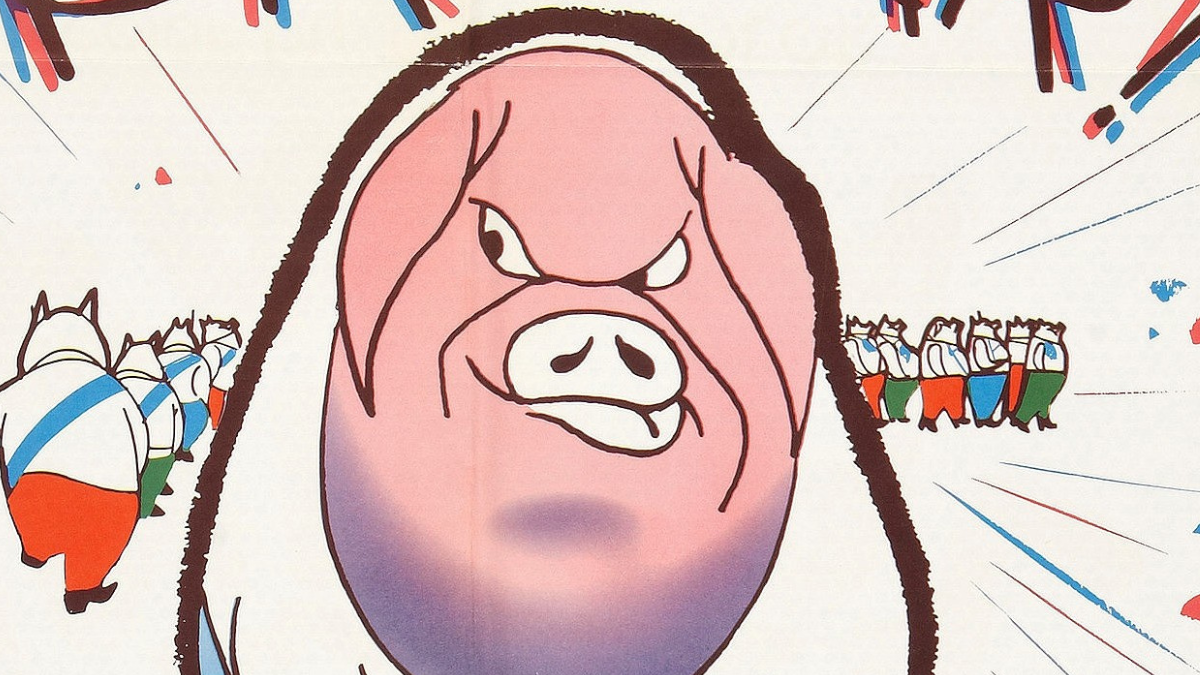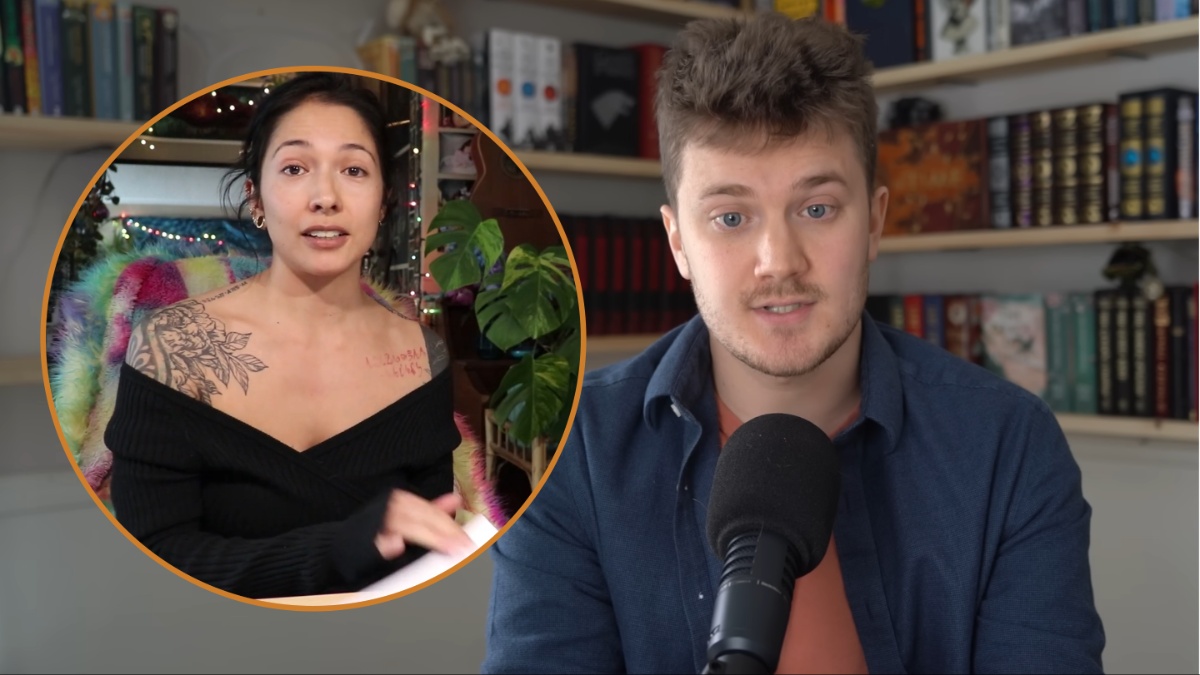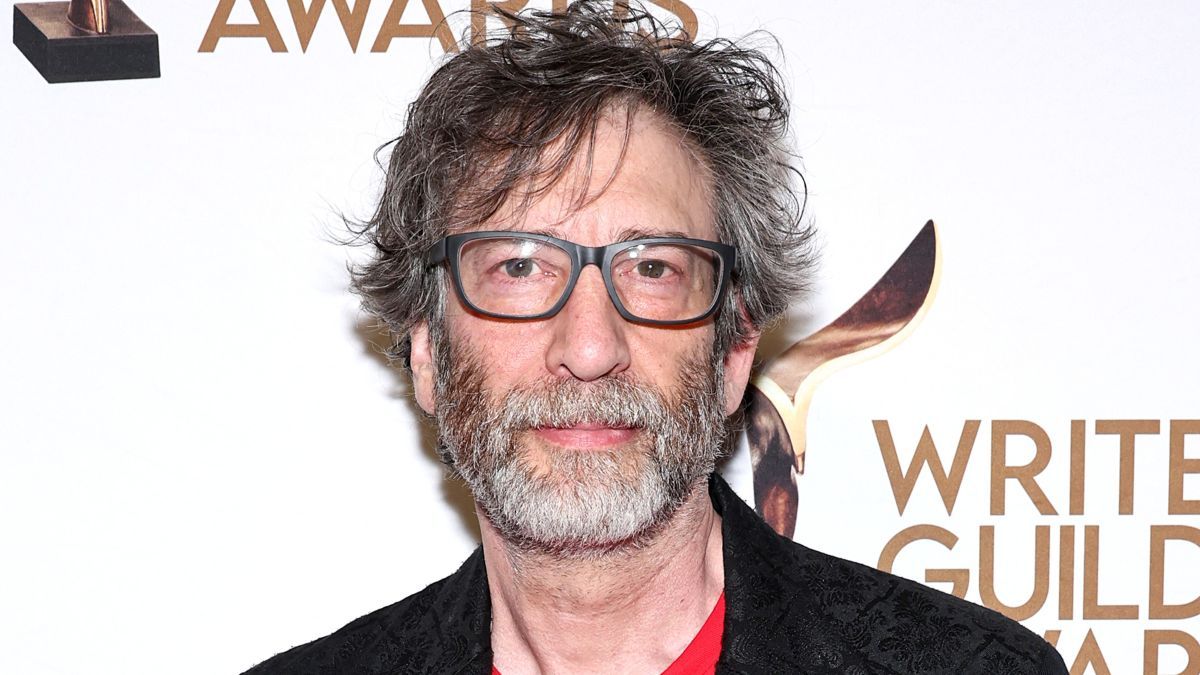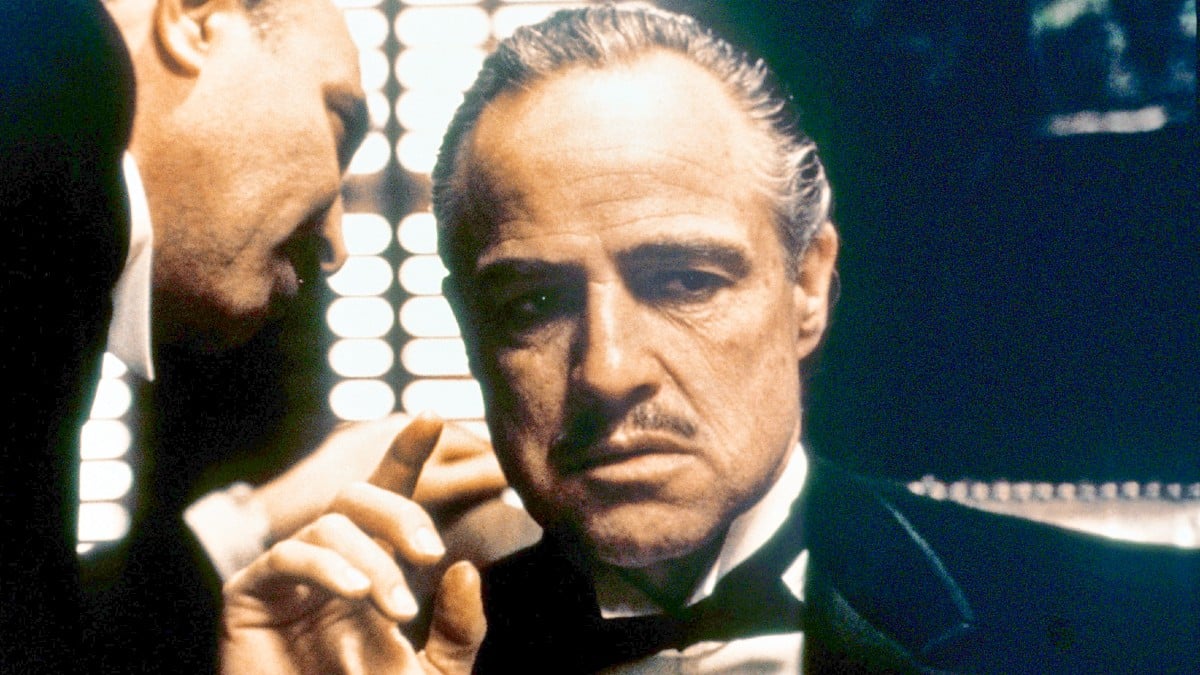The cornerstone of everyone’s childhood. Watching the live-action adaptation of George Orwell’s historical novel Animal Farm due to a misunderstanding of the subject material.
No? Just me? Moving on.
Despite its friendly title, the book is an allegorical and savagely satirical novel about a disenfranchised group rising against their oppressors. Orwell uses anthropomorphic farm animals to tell a story about dictatorship that was quite topical of the time. One of the primary animals is a pig named Napoleon, who creates a ruling class that leaves the farm in shambles. The book devises a connection to the forces that created the Russian Revolution of 1917, and the ideologies of Joseph Stalin. The events of the book cement this no more clearly than with the effect of Snowball, one of the pigs on the farm who is a stand-in for a historical figure.
What is Snowball’s fate in Animal Farm?
Animal Farm kicks off with a fairly basic premise: Manor Farm is in shambles due to the neglect of its farmer, Mr. Jones. A boar by the name of Old Major decides to rally the farm animals into rebellion. After the old boar’s death, fellow porcines Napoleon and Snowball take control and drive the humans off the farm. This story is a clear allegory for the diminishing quality of life during World War II, when Orwell first published the book. But as Napoleon and Snowball free the animals, making them all equal, the age-old adage of “power corrupts, and absolute power corrupts absolutely” comes to fruition.
Napoleon resents Snowball’s interest in progress. The latter wants to modernize the farm by building a windmill. Napoleon uses the dogs of the farm to drive Snowball away so he can take control. Students of history will note that this is a familiar story. Napoleon is an allegory for Stalin’s iron grip over Russia, while Snowball closely resembles Leon Trotsky, a revolutionary during the downfall of Czarist Russia. After the Russian Revolution of 1917, Trotsky was elevated to high positions in Leninist Russian but, following the death of Vladimir Lenin, fell out of favor.











Published: Jun 6, 2024 12:30 pm